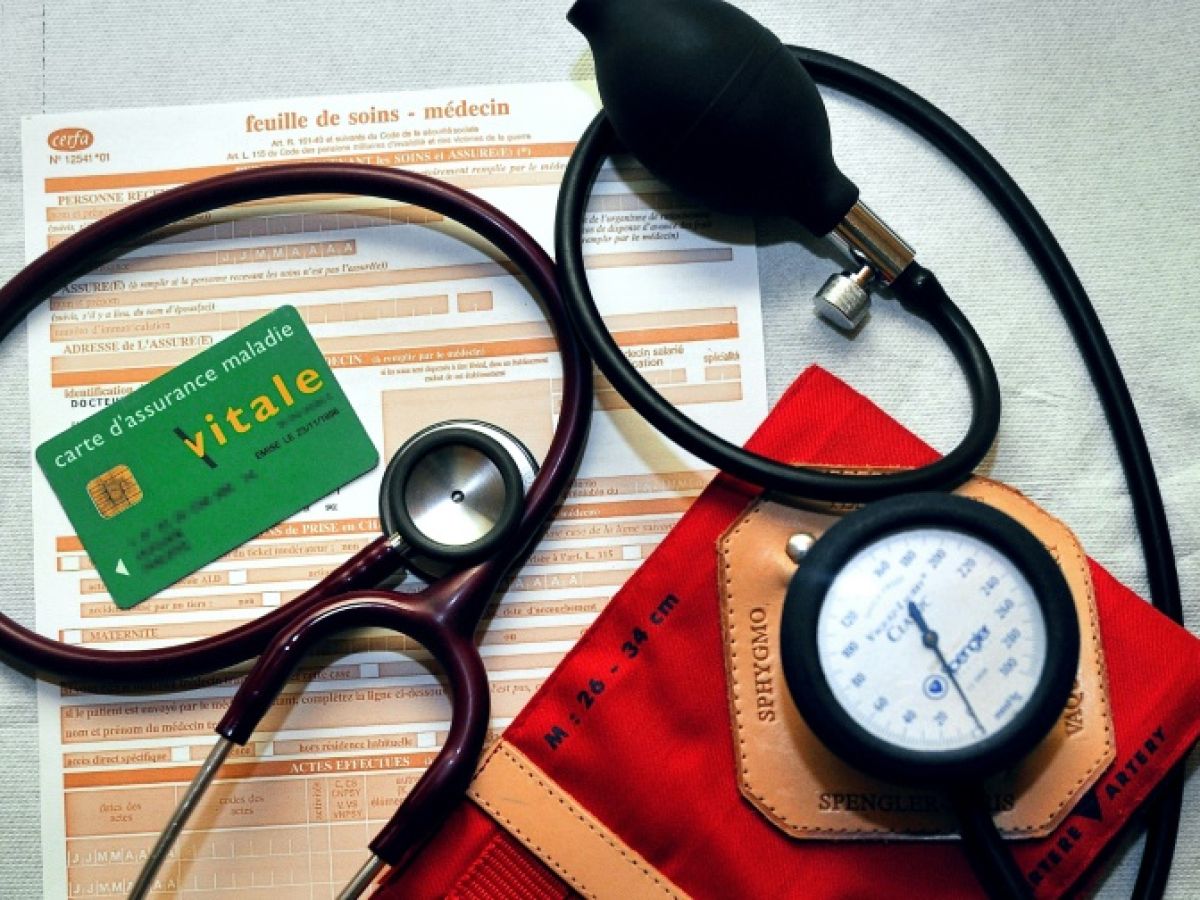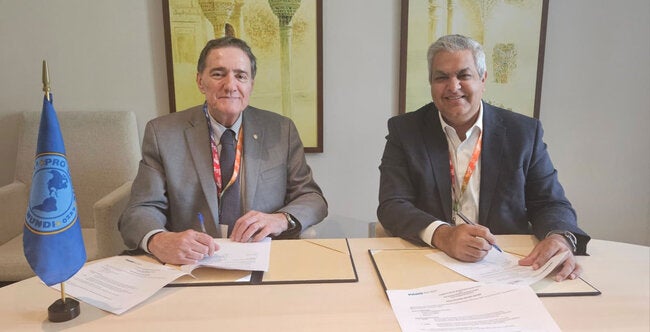Advanced practice nurses (APNs) will be able, under certain conditions, to receive patients directly and prescribe care without the intervention of a doctor, according to a decree published Tuesday in the Official Journal.
The decree was eagerly awaited by the young profession, created in 2016, which is still struggling to find its place between nurses and doctors.
These IPAs, who complete two additional years of study compared to nurses, have more extensive prerogatives than the latter in terms of care.
They work in five areas: stabilized chronic pathologies, emergencies, psychiatry, oncology, nephrology. For example, they can perform sutures (except for the face and hands) and already order certain tests such as an electrocardiogram.
They should free up time for doctors, particularly in monitoring patients with long-term illnesses.
The decree implements the 2023 Rist law on improving access to care, adopted by Parliament despite strong opposition from private doctors.
The decree opens direct access and the right to initial prescription to advanced practice nurses working in hospitals, medico-social establishments (Ehpad), health centers or health centers.
However, independent IPAs remain excluded from the system.
The decree also gives a little more freedom to all IPAs by removing the care organization protocol that they had to sign with a doctor or medical facility.
The list of medications, tests, and other treatments that APNs will be able to prescribe directly is not yet known. It will be determined later by a decree from the Minister of Health.
In 2023, the Court of Auditors regretted the "laborious" implementation of the new profession, with only 1,700 professionals trained in 2023, while the State initially planned for 3,000 IPAs trained or in training in 2022.
"We are witnessing a small health revolution that will give patients a wider choice of care," said Grégory Caumes, a lawyer, health policy expert and advocate for the IPA cause.
This decree "is a breath of fresh air after years of damaging inaction," he added.


